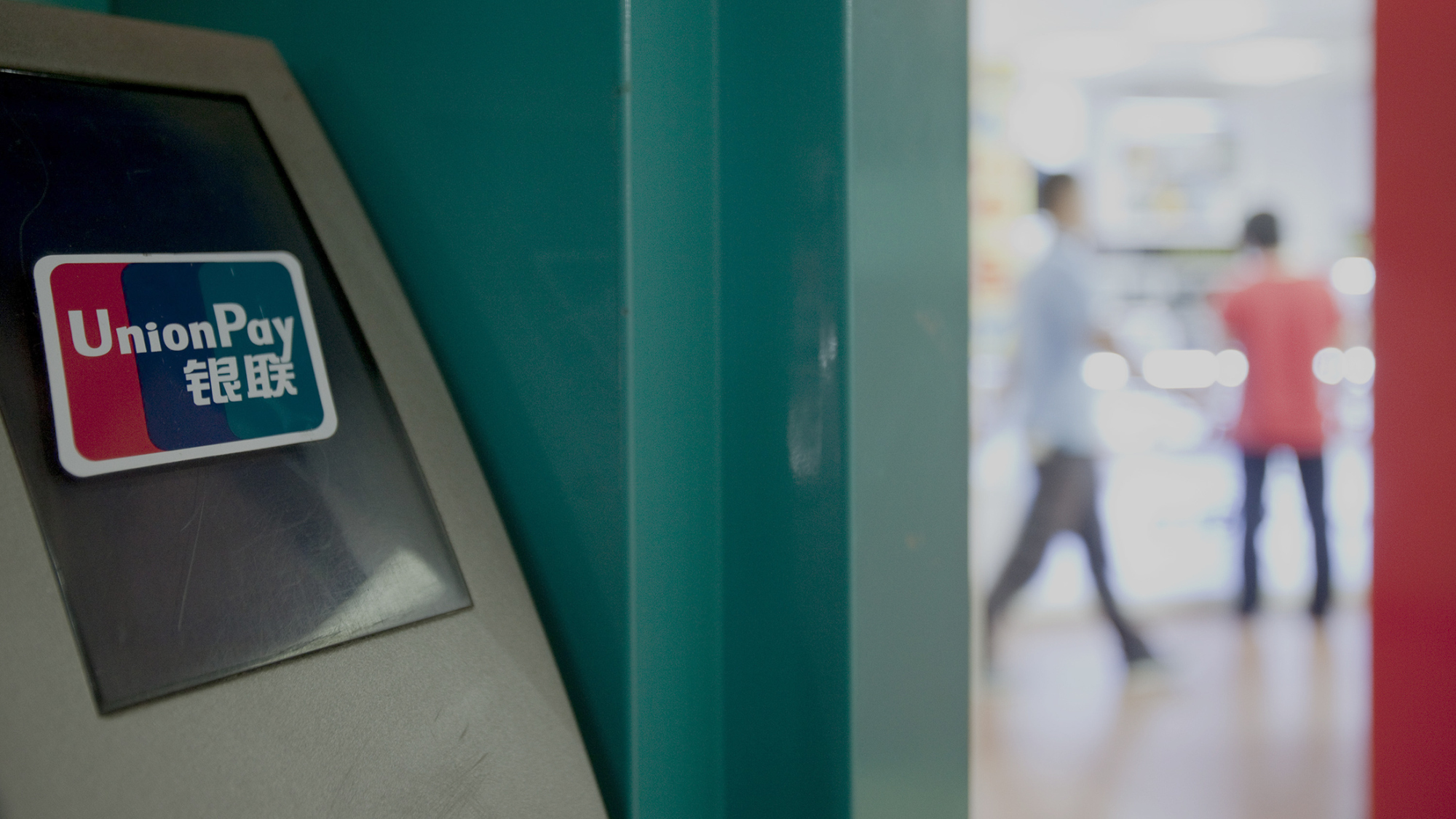How Chinese Used Insurance to Dodge Currency Controls

With hundreds of thousands of mainland Chinese had been flocking to Hong Kong to buy policies using their China-issued UnionPay credit or debit cards, Simon Lee warns of growing money-laundering risks through the use of insurance policies and changes, in an interview with Bloomberg News.
Before the Chinese regulator stepped in the week before the Chinese New Year with measures against the insurance industry aimed at curbing the country’s US$1 trillion worth of capital outflows in 2015, hundreds of thousands of mainland Chinese had been flocking to Hong Kong to buy policies using their China-issued UnionPay credit or debit cards.
Using the credit or debit cards enabled them to get around China’s controls that officially limit citizens from converting no more than US$50,000 per year and sending it abroad. By swiping the cards at insurers such as AIA Group Ltd., Prudential Plc, and Manulife Financial Corp. in Hong Kong, mainland residents bought policies denominated in Hong Kong dollars and U.S. dollars — averaging US$50,000 but reaching as much as US$1 million or more — with the equivalent amount of yuan deducted from their bank accounts back home.
The money could then be cashed out and sent anywhere in the world as a clean source of funds from an insurance policy. Such policies, in addition to providing better health care, beneficiary payments and returns than those on the mainland, are also popular because they are shielded from seizure in the event of bankruptcy in China or criminal proceedings, which have been intensifying under President Xi Jinping’s anti-corruption campaign. Thus, Hong Kong’s insurance policies have been turned into actual insurance for billions in Chinese cash.
In an interview with Bloomberg News, Simon Lee, Assistant Dean (Undergraduate) and Senior Lecturer of School of Accountancy at The Chinese University of Hong Kong Business School warned that “any insurance product that allows the policyholder to cash out after a short period of time bears the risk of money laundering,” adding that “they [mainland residents] may put in a large amount of money into a policy all at once and redeem pretty early. They don’t mind losing part of it as long as they can get most of their money back.”
Lee also said that mainland Chinese have increasingly become concerned about prosecution for “economic crimes,” and so they prefer mainland Chinese prefers insurance policies in Hong Kong which can’t be seized by mainland authorities in the event of bankruptcy or a corruption conviction. Even if the policyholder dies, the beneficiary can still get the death benefit from his or her life insurance policy… Read More (PDF)
Source: Bloomberg News
Date published: 4 February, 2016
Photo: Nelson Ching/Bloomberg

